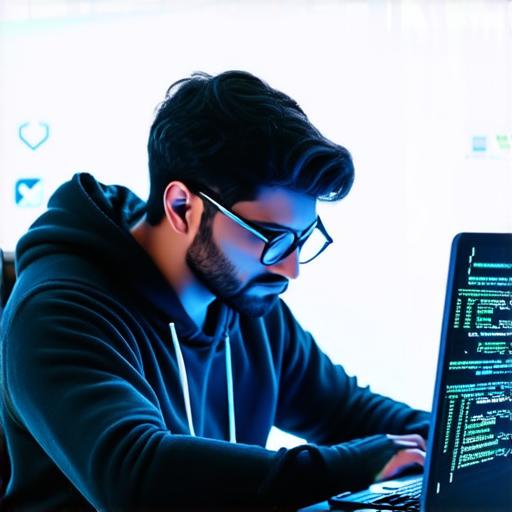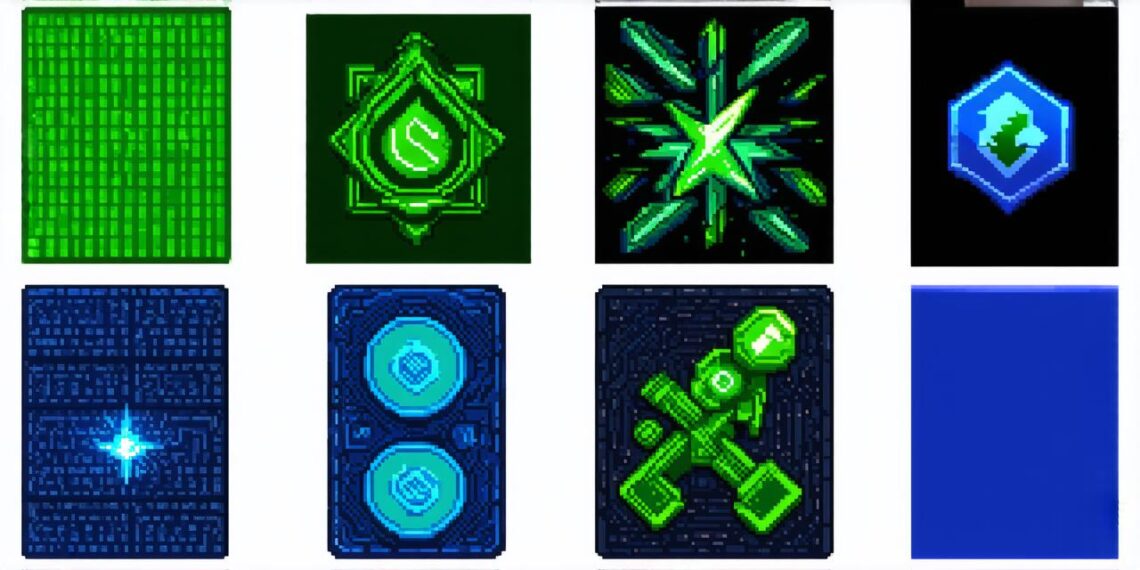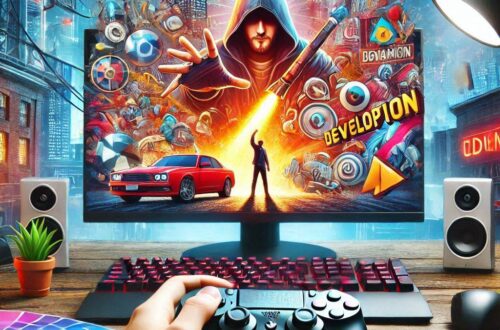If you’re passionate about creating games and have always wondered how to start game development from scratch, then this guide is for you.
In this article, we will explore the steps required to create your first game, including the tools and techniques you need to know. We will also provide insights into the process of game development, as shared by experienced developers in the industry.
The Importance of Game Development
Game development is a rapidly growing field with immense potential for innovation and creativity. With the advent of new technologies and platforms, more people are now able to create games than ever before. Whether you’re an experienced programmer or a beginner looking to break into the industry, game development can be a fun and rewarding way to express your creativity and build valuable skills.
The Tools You Need
Before you start creating your first game, you will need some basic tools. These include:
- A computer with a suitable operating system (such as Windows, macOS, or Linux)
- Game development software such as Unity or Unreal Engine
- Basic programming skills using languages like C, Java, or Python
- Creativity and a clear vision for your game
The Steps to Start Game Development
Now that you have the tools you need, let’s explore the steps required to start game development from scratch:
Step 1: Plan Your Game
Before you start coding, it’s important to plan out your game concept and create a clear vision of what you want to achieve. This includes identifying your target audience, the genre of your game, and the features you want to include. You can use tools like mind maps or flowcharts to help you visualize your ideas.
Step 2: Set Up Your Game Development Environment
Once you have a plan for your game, it’s time to set up your development environment. This involves installing the necessary software and configuring it for your needs. You will also need to create an account on various platforms like Unity or Unreal Engine to access their features and tools.
Step 3: Learn Basic Programming Skills
Game development requires basic programming skills in languages like C, Java, or Python. You can start by learning the basics of these languages using online resources or tutorials. Once you’re comfortable with the basics, you can move on to more advanced concepts like object-oriented programming and data structures.
Step 4: Create Your Game Assets
Assets are the building blocks of your game, including images, sounds, animations, and other elements that make up your game world. You can create these assets using software like Adobe Photoshop or Blender. Once you have created your assets, you will need to import them into your game development software for use in your game.
Step 5: Write Your Game Code
With your assets and environment set up, it’s time to start writing the code that brings your game to life. This involves creating a game loop, handling user input, and implementing game logic. You can use various programming constructs like loops, functions, and classes to organize your code and make it more modular.
Step 6: Test and Refine Your Game

Testing is an essential part of the game development process. You will need to test your game thoroughly to identify bugs and improve its overall performance. You can use various testing techniques like unit testing and integration testing to ensure that your code is functioning as expected.





